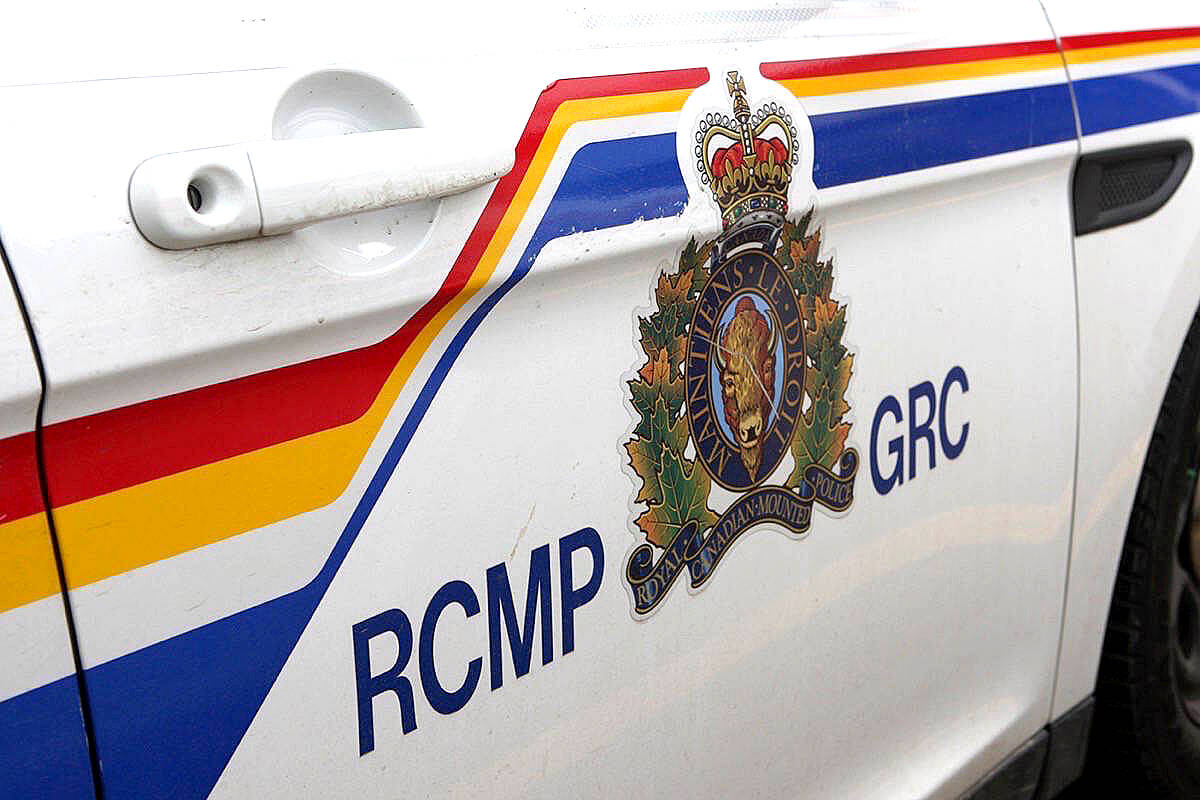British Columbians are divided about establishing a provincial police force to replace the federal RCMP, a recent poll suggests.
Vancouver-based polling company Research Co. released the public opinion survey findings on July 12.
It found 39 per cent of respondents would like a provincial police service, while 38 per cent said they are not in favour of establishing a provincial police service. Meanwhile, 23 per cent said they were undecided on the matter.
The survey results come after a special provincial committee recommended transitioning to a new B.C. provincial police service, and away from RCMP contracting.
Currently, the RCMP is the default service for any unincorporated or rural area in B.C. with populations less than 5,000, which is paid for by the province and federal government at a 70-30 split.
Municipalities with a population of more than 5,000 people can choose to continue contracting the RCMP or use a municipal police force. The 12 B.C. municipalities that use a local police force pay 100 per cent of the cost of policing.
Municipalities that contract the RCMP with populations over 5,000 people are responsible for 70 per cent of the policing cost, while the federal government pays 30 per cent. When a municipality contracts the RCMP and has a population of more than 15,000 people, it pays 90 per cent, and the federal government covers the rest of the funding.
The province and federal government fund the only First Nation administered police force in B.C., Stl’atl’imx Tribal Police Service, which is responsible to a local police board.
In April, the province’s Special Committee on Reforming the Police Act released a 95-page report which recommends overhauling current legislation to replace it with a new Community Safety and Policing Act.
The report said a B.C. police service would make policing more consistent and accountable, by establishing local and regional oversight boards for the proposed provincial service.
Many municipalities have little involvement in directing the RCMP service in their community, while municipalities with their own police services have more involvement through police boards, said the report.
Current legislation allows the province to establish local police committees in municipalities that use the RCMP. However, federal authorities make big decisions about the RCMP, not local police committees, the report said.
If B.C. does establish a provincial police service, it would still allow municipalities to choose to contract another local police service or establish its own police force, according to the report.
Research Co. conducted its online survey during early July and said the results are representative of the population in the province. It also collected British Columbian’s responses to other questions related to crime.
According to the survey, 70 per cent of respondents support increased surveillance via closed circuit television (CCTV).
About half, or 51 per cent, said they believe crime in their community increased during the past four years. Roughly 18 per centsaid they were victim to a crime involving police during the past four years.

